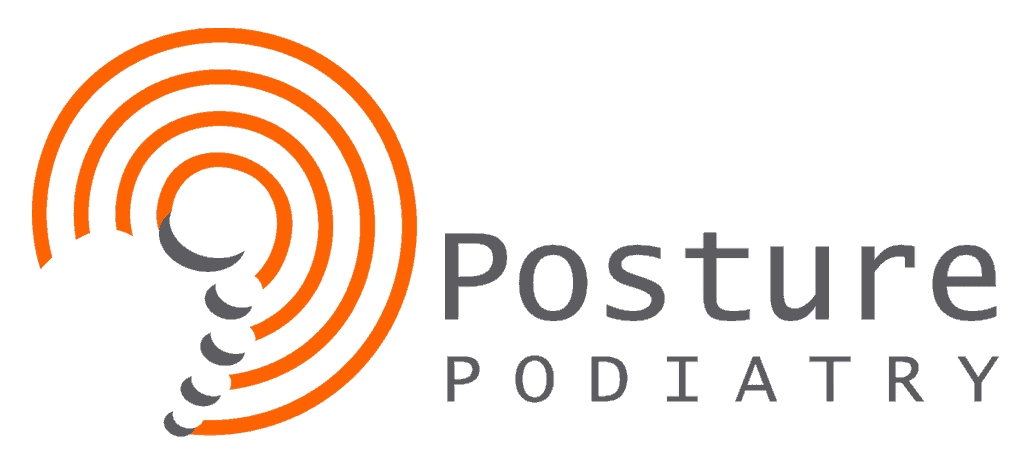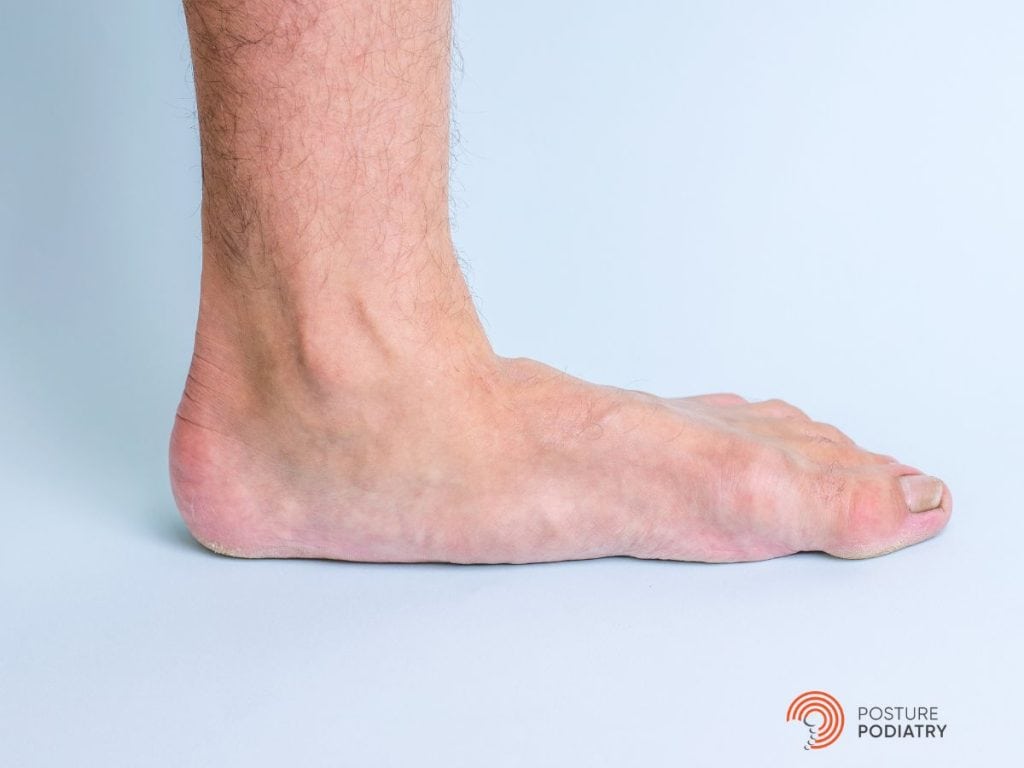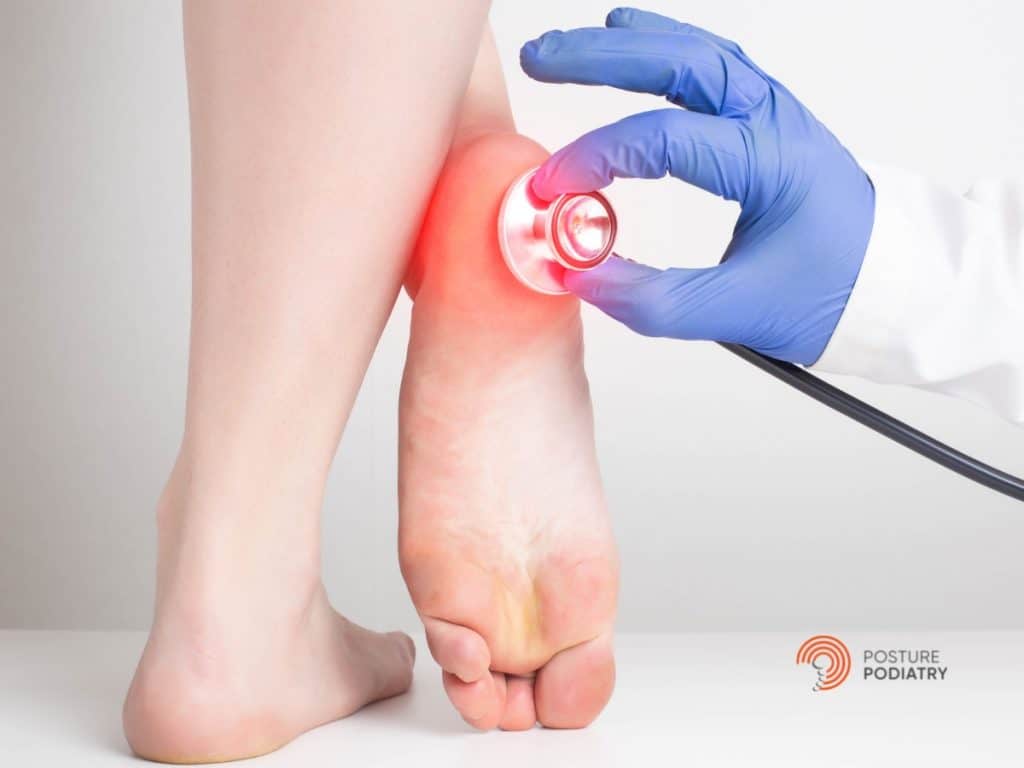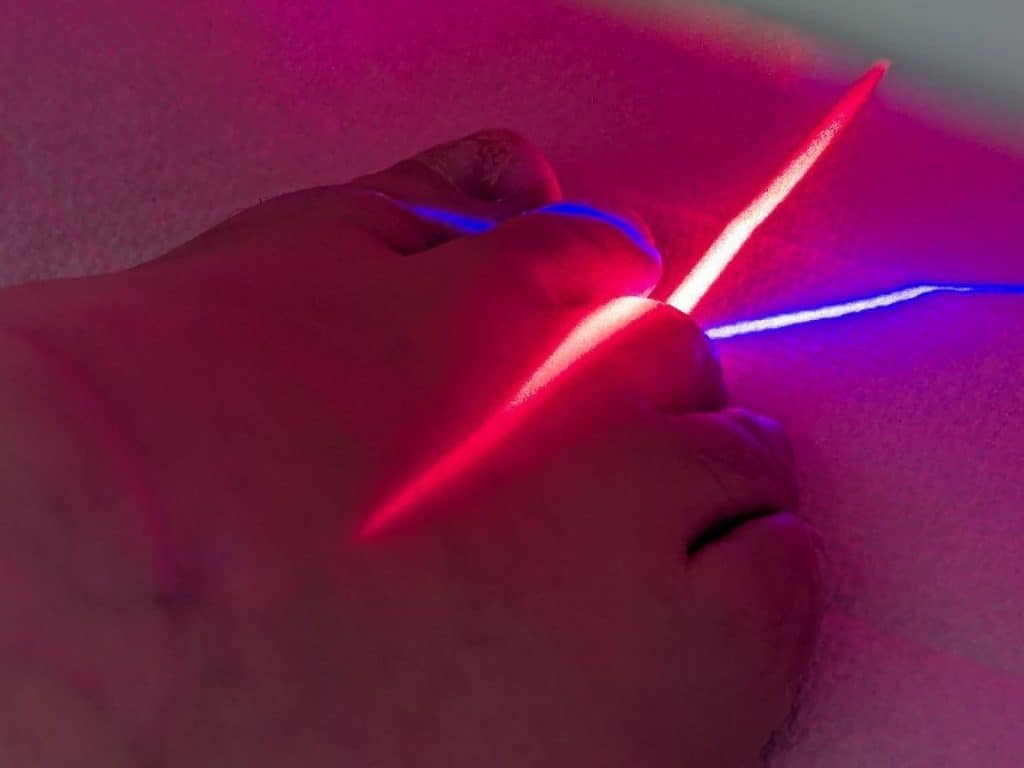Growing Pains In Children
How To Prevent Growing Pains
“We know some problems run in the family…”
Many childhood problems are hereditary in nature and some children will be more prone to certain problems than others. Fortunately, early detection can help prevent many problems developing later in life. Considering this, you may like to take advantage of an initial screening assessment for your child to detect any concerns that may need to be addressed.

Our podiatrists at Posture Podiatry have been specifically trained to detect problems early so you can give your child the best possible chance at living a normal, healthy and active lifestyle.
We only get one pair of feet! We’re here to ensure they last a lifetime.
The podiatrists at Posture Podiatry will ensure your child has the best possible chance of leading a healthy and active lifestyle.
Call 8362 5900 and ask about our special “Initial Low Gap or Gap Free* Assessment” for children. Terms & Conditions apply. Full details can be found at the following link: Initial Low Gap or Gap Free* Assessment for Children.
We love seeing children at the clinic and take special care to encourage healthy development in children. Our podiatrists commonly treat a variety of foot and leg problems in children.

Here are 20 common foot and leg problems that our podiatrists often encounter in children:
- Flat Feet and Hypermobility – The arches of the feet may appear flatter or lower than usual and, if hypermobile, more prone to instability, pain or discomfort.
- Sever’s Disease – An inflammation of the growth plate in the heel bone, causing heel pain.
- Heel pain: Various conditions, such as plantar fasciitis or Achilles tendonitis, can cause heel pain in children but Sever’s disease is most common.
- Osgood-Schlatter’s disease – Inflammation of the growth plate at the front of the shinbone, causing knee pain and a palpable lump below the knee.
- Sports injuries – Common injuries include sprains, strains, fractures, and stress fractures.
- Toe walking – Children who consistently walk on their toes without a medical reason may require evaluation and treatment.
- Achilles tendon tightness – The Achilles tendon at the back of the ankle may be overly tight, leading to difficulties with mobility and function
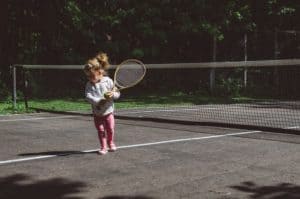
- Ingrown Toe Nails – The toenail penetrates the surrounding skin as it grows, leading to pain, swelling, and possible infection.
- Plantar Warts – Caused by a viral infection, these warts develop on the soles of the feet and can be painful.
- Metatarsus adductus – The front part of the foot turns inward, potentially causing walking difficulties.
- Intoeing or pigeon toes – The feet point inward instead of straight ahead when walking.
- Tripping or poor balance – Instability during walking can be seen along with poor co-ordination.
- Tarsal coalition – An abnormal connection between two or more bones in the foot, leading to restricted movement and pain.
- Awkward Gait or unusual walking pattern
- Out-Toe Gait – The child walks with the feet pointed outwards instead of straight ahead.
- Bunions – A bony bump forms at the base of the big toe, leading to pain and deformity.
- Tired/Aching Legs
- Growing Pains
- Hammer Toes or Curly Toes
- Corns and calluses: Thickened, hardened areas of skin caused by friction or pressure, often due to ill-fitting shoes and frequently mistaken for warts.

Of all the problems we see, heel pain in children is definitely most common. Unfortunately, heel pain is NOT normal but can be resolved quickly with the right help from experienced podiatrists.
You can learn more about why active children get heel pain and what can be done to resolve the problem at the following web page: Heel Pain in Children
If you or someone you know has a child limping after sport or hobbling with heel pain, Posture Podiatry can help. Our podiatrists know exactly how frustrating this problem can be and can help children return to normal sporting activities free from foot pain.
Call 8362 5900 and ask about our special “Initial Low Gap or Gap Free* Assessment” for children. Terms & Conditions apply. Full details can be found at the following link: Initial Low Gap or Gap Free* Assessment for Children.
What to expect during your consult?
On arrival, you’ll be greeted with a smile and invited to enjoy a complimentary foot massage or a nice cup of tea, coffee or hot chocolate. (Say yes when offered… we love spoiling our clients!)
You’ll meet your podiatrist, who will listen to your history, work with you and your child to perform a thorough assessment and advise on any treatment recommendations to get to the bottom of your concerns.
If you have any questions at all, please feel free to ask. We’re here to help!
We’ll stay in touch by keeping you up to date with any healthcare changes which may help to improve the quality of life for you and your family.
